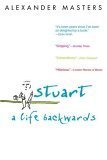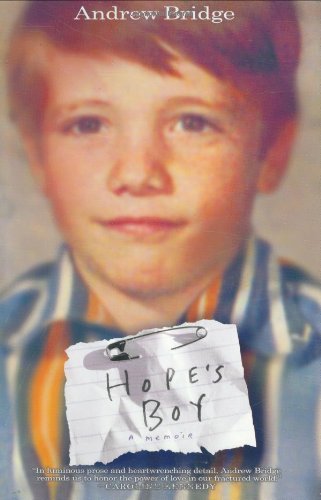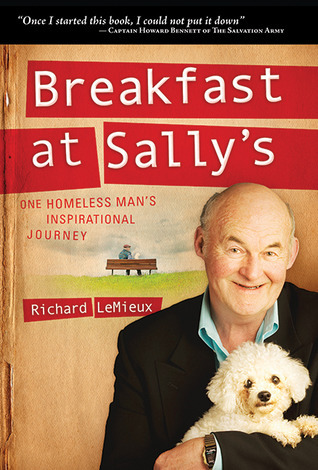
Stuart: A Life Backwards
Book Description
A life unraveled, one backward step at a time. Stuart, a homeless man with a turbulent past, becomes the unexpected guide through the dark alleys of existence. As his story unfolds in reverse, secrets emerge—from street fights to childhood trauma—casting light on the humanity buried beneath layers of pain and resilience. Alexander Masters masterfully crafts a narrative that is both heartbreaking and illuminating, challenging perceptions of society’s most marginalized. What truths lie hidden in the shadows of despair, waiting to be discovered?
Quick Book Summary
"Stuart: A Life Backwards" by Alexander Masters tells the poignant true story of Stuart Shorter, a homeless man living on the streets of Cambridge. The narrative unfolds in reverse, tracing Stuart’s tumultuous life from adulthood back to his troubled childhood. Through vivid, empathetic storytelling, Masters ventures beyond Stuart’s chaotic exterior to reveal the trauma, abuse, and social failures that shaped his existence. The book challenges stereotypes surrounding homelessness and mental illness, highlighting society’s role in the marginalization of vulnerable individuals. Masters combines investigative rigor with personal involvement, offering a humane and transformative portrait of Stuart. The result is a compelling examination of resilience, tragedy, and the enduring search for dignity against all odds.
Summary of Key Ideas
Table of Contents
The Impact of Childhood Trauma
The book’s narrative structure is defined by its backward storytelling, beginning with Stuart Shorter’s life as a homeless, chaotic man—a fixture on the streets and in shelters. Readers are introduced to his eccentric personality, turbulent moods, and the criminal acts that punctuated his later years. Through Alexander Masters’s eyes, we see Stuart not simply as a statistic, but as a multifaceted individual whose streetwise humor and unpredictable behavior hint at deeper wounds. The reverse chronology compels readers to unravel the origins of his struggles alongside Masters, setting the stage for a journey into Stuart’s past.
Society's Response to Homelessness
Peeling back the layers of Stuart’s adulthood reveals the institutional neglect and abuse that marked his youth. The book confronts the roots of Stuart’s trauma—his experiences of sexual abuse, neglect, and violence within state care facilities and his family. Masters contextualizes how these early traumas led to Stuart’s descent into addiction, mental illness, and homelessness. By tracing these threads backward, Masters critiques the system that failed Stuart and countless others, provoking readers to question the broader social structures contributing to such fates.
Resilience Amidst Adversity
Central to the book is the unlikely friendship between Alexander Masters and Stuart. Their dynamic oscillates between camaraderie and frustration, marked by Stuart’s irreverent wit and Masters’s earnest fascination. This relationship grounds the narrative with warmth and conflict, illuminating the empathy required to truly understand someone living on society’s margins. Masters’s evolving perception demonstrates that compassion alone does not undo years of hardship but can provide moments of dignity and connection for the overlooked.
Humanizing the Marginalized
Masters’s account is as much a portrait of resilience as it is of tragedy. Despite his violent outbursts and self-destructive tendencies, Stuart’s ingenuity, charisma, and activism for homeless rights stand out. His advocacy, particularly regarding the wrongful treatment of the homeless by authorities, underscores his determination to reclaim agency. The book explores how individuals navigate systemic adversity, sometimes with resourcefulness and humor, at other times with despair and defiance.
Complexities of Friendship and Empathy
Ultimately, "Stuart: A Life Backwards" serves as an urgent call to humanize society’s most vulnerable. Through Stuart’s story, Masters exposes the often-invisible suffering on the streets, challenging stereotypes and prompting readers to see the person beneath the label. The memoir concludes not with tidy resolutions but with a demand for awareness and empathy, pushing us to confront the policies and prejudices that perpetuate homelessness and to seek the humanity behind every story of loss.
Download This Summary
Get a free PDF of this summary instantly — no email required.





